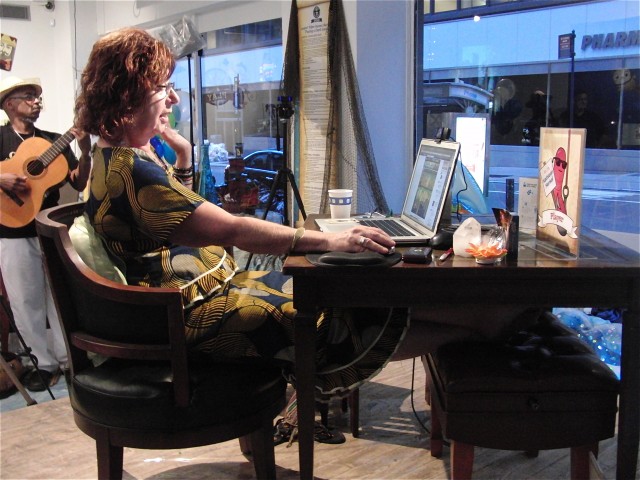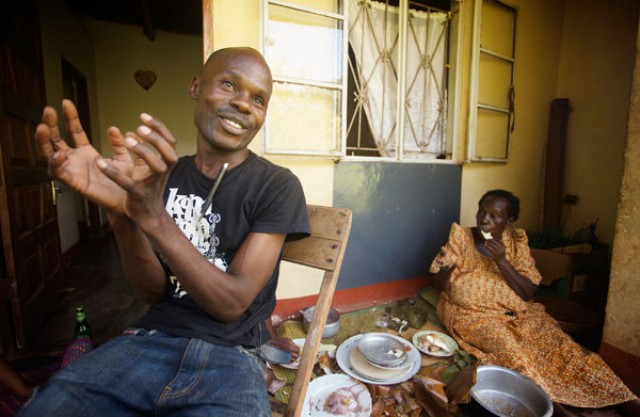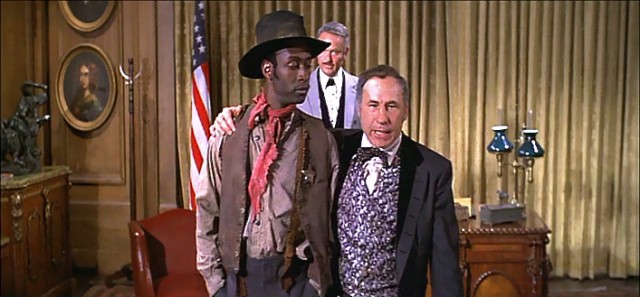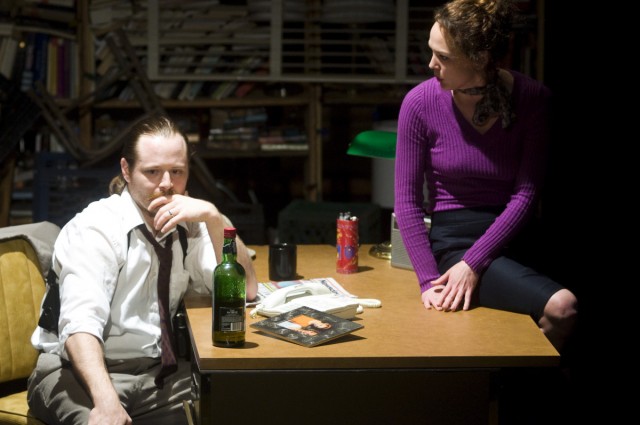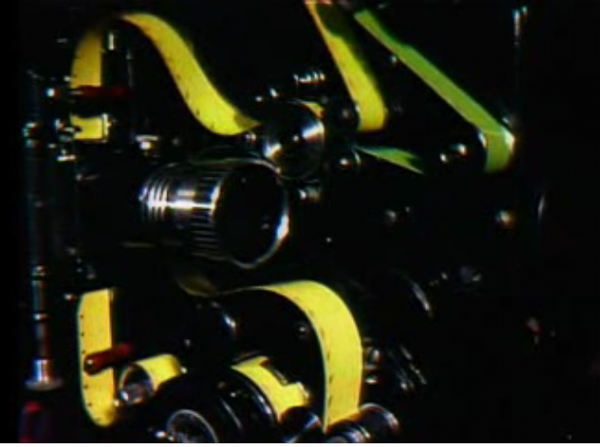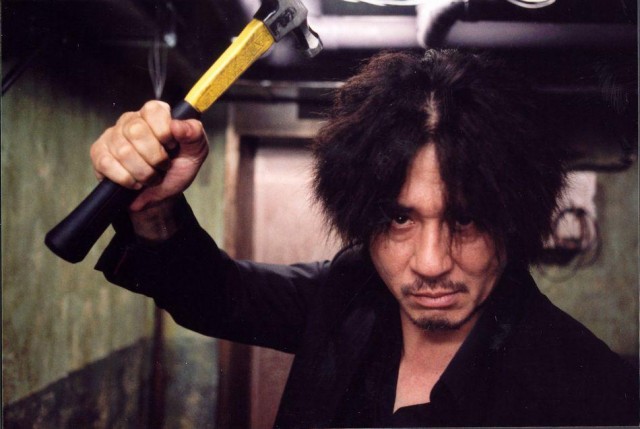
Korean star Choi Min-sik will be honored with his own sidebar at this year’s New York Asian Film Festival
CHOI MIN-SIK: MR. VENGEANCE: OLDBOY (Park Chan-wook, 2003)
Film Society of Lincoln Center, Walter Reade Theater
165 West 65th St. at Amsterdam Ave.
Saturday, June 30, 1:00
Festival runs June 29 – July 12
212-875-5601
www.subwaycinema.com
www.filmlinc.com
 The second in director Park Chan-wook’s revenge trilogy (in between Sympathy for Mr. Vengeance and the 2005 New York Film Festival selection Sympathy For Lady Vengeance), Oldboy is a twisted, perverse psychological thriller that won the Grand Prix de Jury at Cannes, among many other international awards. Choi Min-sik (Chihwaseon) stars as Oh Dae-su, a man who has been imprisoned for fifteen years — but he doesn’t know why, or by whom. When he is finally released, his search for the truth becomes part of a conspiracy game, as he can seemingly trust no one. As he gets closer to finding everything out, the gore and terror continues to increase. Choi is outstanding as the wild-haired Dae-su in Park’s awesome rampage of a film, which is not for the faint of heart. On the DVD, the extras include audio commentary and deleted scenes in which Park discusses how embarrassing it is doing audio commentary and showing deleted scenes, but you can hear him discuss Oldboy in person on June 30 at 1:00 with costar Yoon Jin-seo at the Film Society of Lincoln Center, where it is being screened at the special New York Asian Film Festival sidebar event “Choi Min-sik: Mr. Vengeance,” which looks at the fascinating career of the popular Korean actor and activist, who left the business for several years in protest over controversial screen quotas. The series also includes 2001’s Failan, 2005’s Crying Fist, and this year’s Nameless Gangster.
The second in director Park Chan-wook’s revenge trilogy (in between Sympathy for Mr. Vengeance and the 2005 New York Film Festival selection Sympathy For Lady Vengeance), Oldboy is a twisted, perverse psychological thriller that won the Grand Prix de Jury at Cannes, among many other international awards. Choi Min-sik (Chihwaseon) stars as Oh Dae-su, a man who has been imprisoned for fifteen years — but he doesn’t know why, or by whom. When he is finally released, his search for the truth becomes part of a conspiracy game, as he can seemingly trust no one. As he gets closer to finding everything out, the gore and terror continues to increase. Choi is outstanding as the wild-haired Dae-su in Park’s awesome rampage of a film, which is not for the faint of heart. On the DVD, the extras include audio commentary and deleted scenes in which Park discusses how embarrassing it is doing audio commentary and showing deleted scenes, but you can hear him discuss Oldboy in person on June 30 at 1:00 with costar Yoon Jin-seo at the Film Society of Lincoln Center, where it is being screened at the special New York Asian Film Festival sidebar event “Choi Min-sik: Mr. Vengeance,” which looks at the fascinating career of the popular Korean actor and activist, who left the business for several years in protest over controversial screen quotas. The series also includes 2001’s Failan, 2005’s Crying Fist, and this year’s Nameless Gangster.
